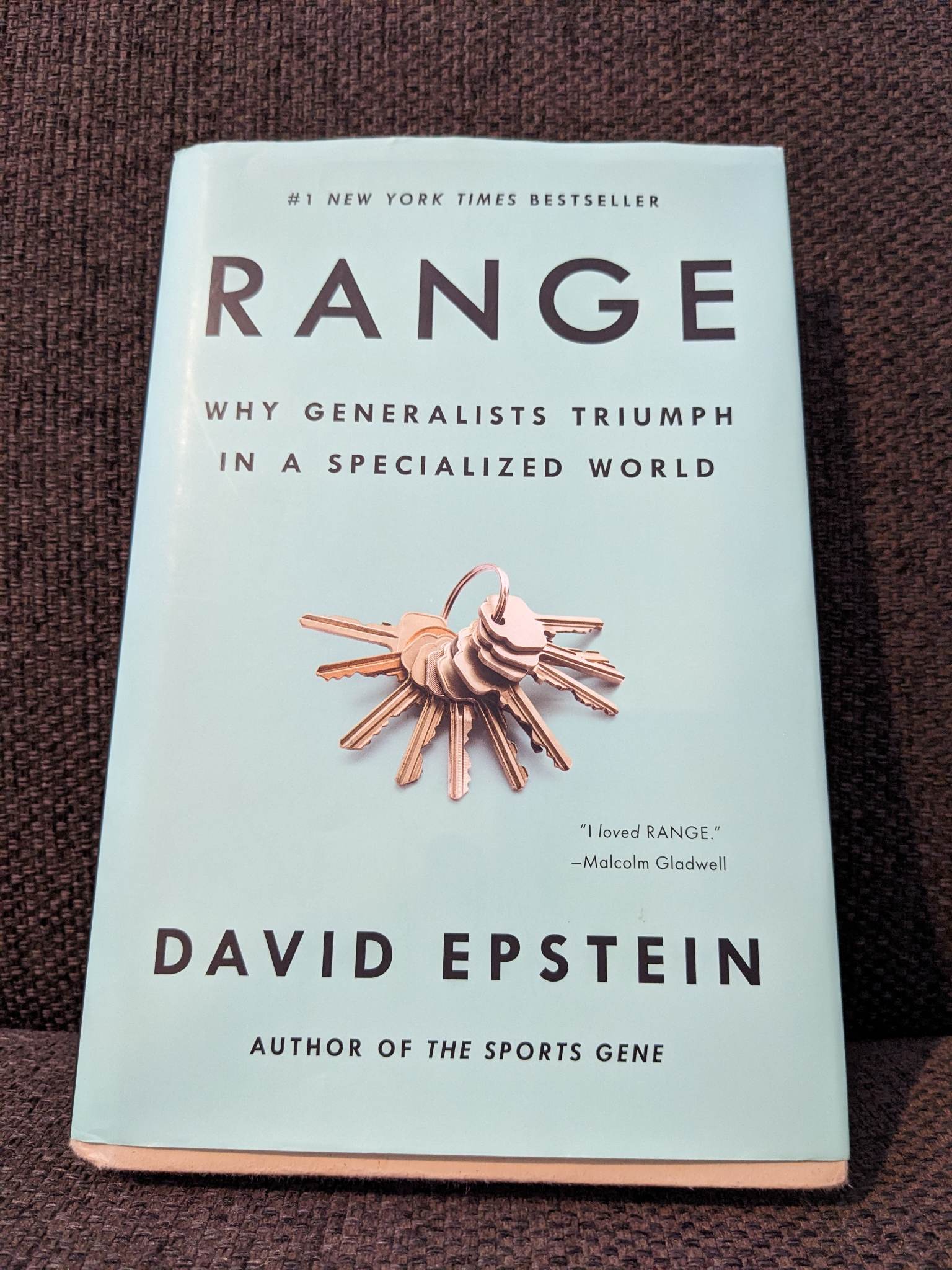Roger Federer vs Tiger Woods

One difference between these two athletes is the age they started to practice in their sport. Tiger Woods started playing golf at three years old. Roger began to play Tennis seriously around fourteen years old. Since three, Tiger has never stopped playing and practicing golf. His focus was almost exclusively on golf. Federer, on the other hand, had a different journey. Until the age of fourteen, he played many sports: soccer, badminton, skiing, and squash, for example. He then realizes he loves sports when they include a ball. When younger, he tried a lot of different sports. His parents weren't pushing him to choose a sport but to try many. And that's something then later he said helped him a lot to develop his athleticism and his hand-eye coordination.

The difference between their journey to the top of these two athletes is the main topic of the book by David Epstein, Range: Why Generalists triumph in a specialized world. In his book, David explains many examples of people with bits of knowledge in multiple fields that are unrelated but manage to use those unrelated fields to make something useful or solve a complex problem. For example, Kepler came out with the idea of the attraction between planets by reading an article on magnetism. It wasn't his expertise.
He mentioned that games or fields where we can recognize patterns, for example, chess, are something we would get better at by practicing a lot. But those patterns can also be found by a computer if a human can find them. That's why in 1997, the artificial intelligence Deep Blue beat the Chess Champion Garry Kasparov in a series of chess matches. And since then, artificial intelligence chess engines are just getting a lot better than humans. So it is better if you practice a lot to find those patterns. Then starting younger helps much in that case.

Let's talk about school. In schools, the teachers that students love the most are generally the ones that are helping them more to find the answer or are asking students to follow procedures and not try to understand the problem. Students like the easy way. But that's not the best way to remember things. What David explains with research is that the more the brain works and tries to find a solution, the better it is to retain information.
For example, when we study for a test with flashcards, we should try our best to find the answer, and if we don't know the answer, we should still try something, even if it's not the answer we were searching for. Only after a couple of tries, you can check the answer. There has been a study where they ask students to study with flashcards. The first group can watch the solution as soon as they say they don't know. The second group could only watch the answer after having done a couple of tries. Well, the second group had a much better score, and they retained more information.
Another way to force your brain to work more is to use flashcards but shuffled, not by category. This way, you will work even harder to find the answer, but it has more chances to get into long-term memory.

The last thing I want to mention about the book is a study David said that I think many can relate to. It's not a big study, but it's worth mentioning. In the study, they asked fifty people if they considered themselves a dark horse, which means they felt like they didn't follow the perfect path in life. And forty-five of those fifty said they felt like dark horses. Their strategy is based on short-term planning, not long-term. And to me, it seems perfectly normal to change ideas or points of view and interest over time; we are constantly evolving. So following the perfect path seems to me not very likely to happen. In another related study, they asked people if they thought they would change significantly in the next ten years. Most people answer "No.". But when they asked those same people if they had changed significantly in the last ten years, most answered "Yes.". The perception we got from the past and for the future is often pretty different.
So it's exciting to see how we think and improve, and even without following the perfect path, we can connect some dots that others won't. This book is fascinating, especially for people who feel like they get bored quickly when doing the same thing or are constantly asking themselves what they want to do. It's a big read but worth the reading!